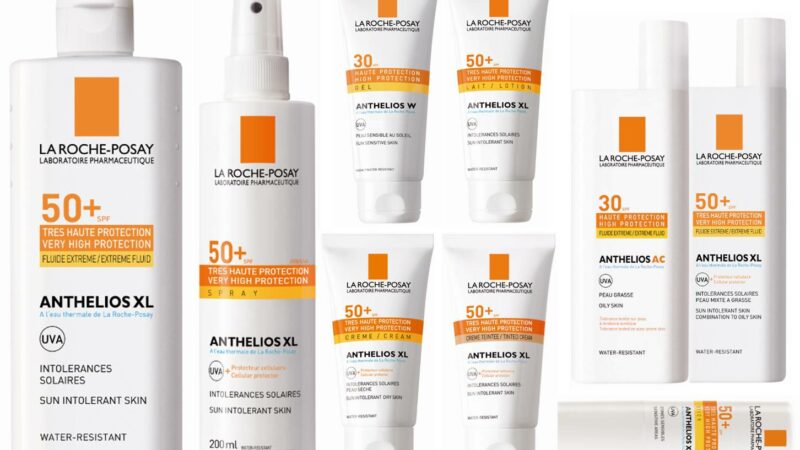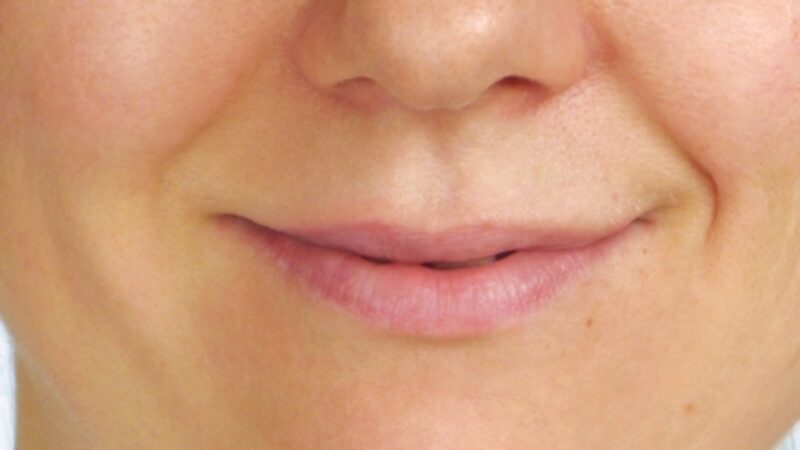For many of us, a simple question such as “What’s your skin type?” can be a real mystery. To make things even more confusing, skin type is often confused with skin condition, a temporary and treatable state such as dehydration or reactive. True skin types cannot be treated, only managed with proper care and appropriate products.
Given that so many skin care products are tailored for specific types, it’s important to know which one we are before spending our hard-earned money. The easiest way to determine your skin type is by following this simple two-step process:
1. Wash your face as you normally would. Do not apply any products.
2. Wait 2 hours to allow your skin to return to its most natural state.
Now take a good look in the mirror. Which type do you best match?
Oily: Caused by overactive sebaceous glands, oily skin types have shiny, slick skin that doesn’t always limit itself to the T-zone. Although all skin types can be prone to acne, oily skin types are old hands when it comes to dealing with breakouts.
Dry: The other side of the coin to oily, dry skin types have under producing sebaceous glands. Skin feels tight, irritated and can lean towards flaky. This should not be confused with dehydrated skin which can occur with any skin type and is more likely to present itself with fine lines on the face versus tightness.
Normal: Normal skin types are well-balanced without obvious dry or oily areas. Although not perfect, issues such as enlarged pores, hyperpigmentation and redness are mostly likely not familiar to you. Can you say “lucky”?
Combination: Most people fall into this category. Combination skin typically has shine on the T-zone and normal or dry skin on the other areas. However, you’re not immune to external factors that can cause acne, redness or dehydration.
Sensitive: There remains some debate on whether or not sensitive skin is an actual type or simply a condition of sensitized skin. Whichever camp you are in, sensitive skin tends to be more reactive and less tolerant to many of the ingredients that are commonly used in skin care products. While those with sensitive skin may experience redness, tightness or burning from topical treatments as well as environmental factors such as wind and sun, these reactions may be a result of a weakened barrier function that can make the skin less resistant to harsh ingredients and external assaults.
Now that you’ve figured out your skin type, you’re ready to make a more informed choice about which products will best suit you and be most effective in achieving healthy skin. Mystery solved.




